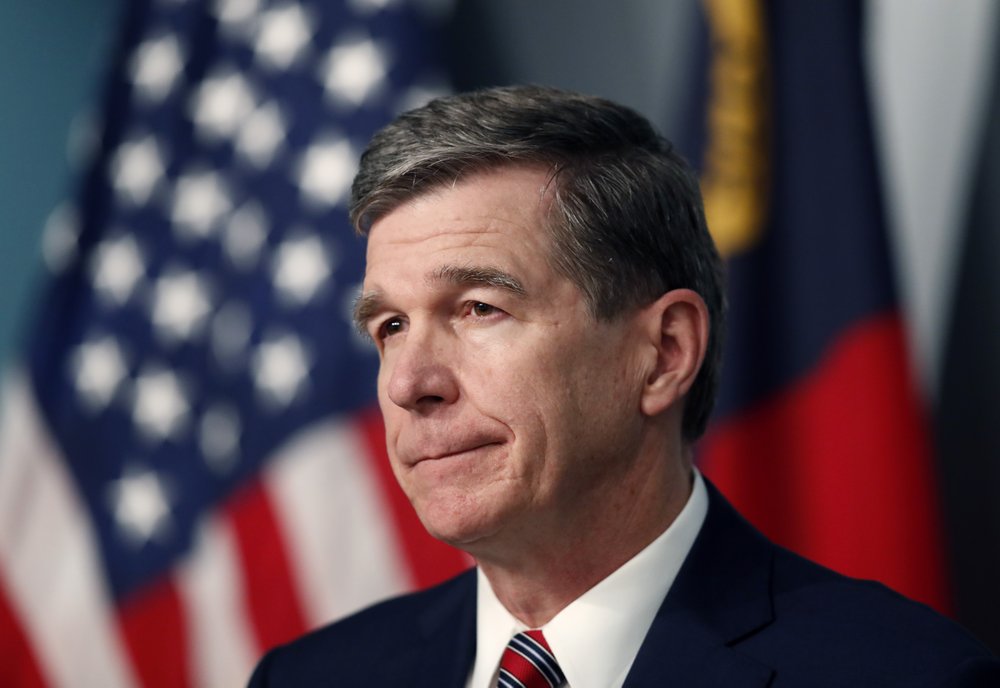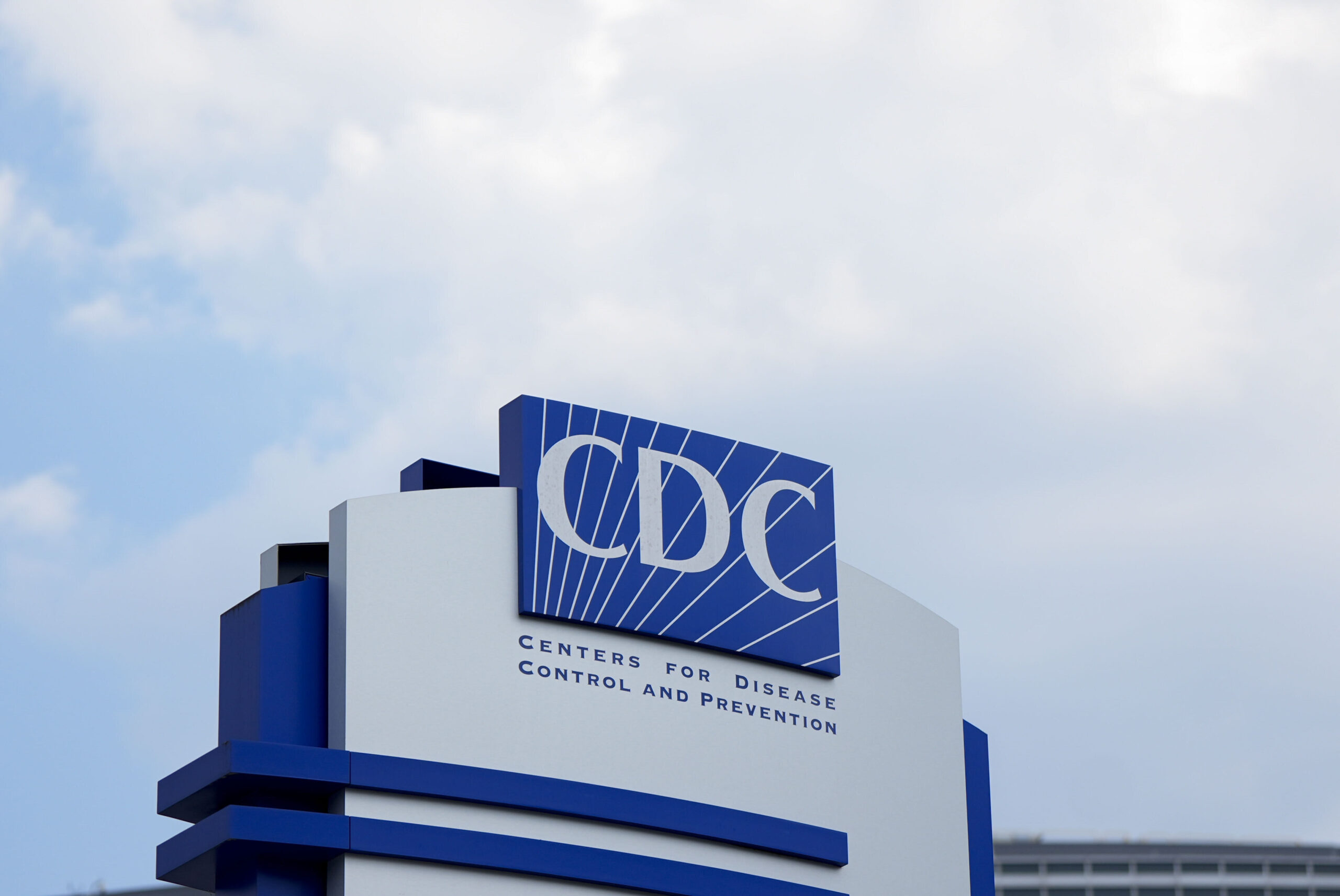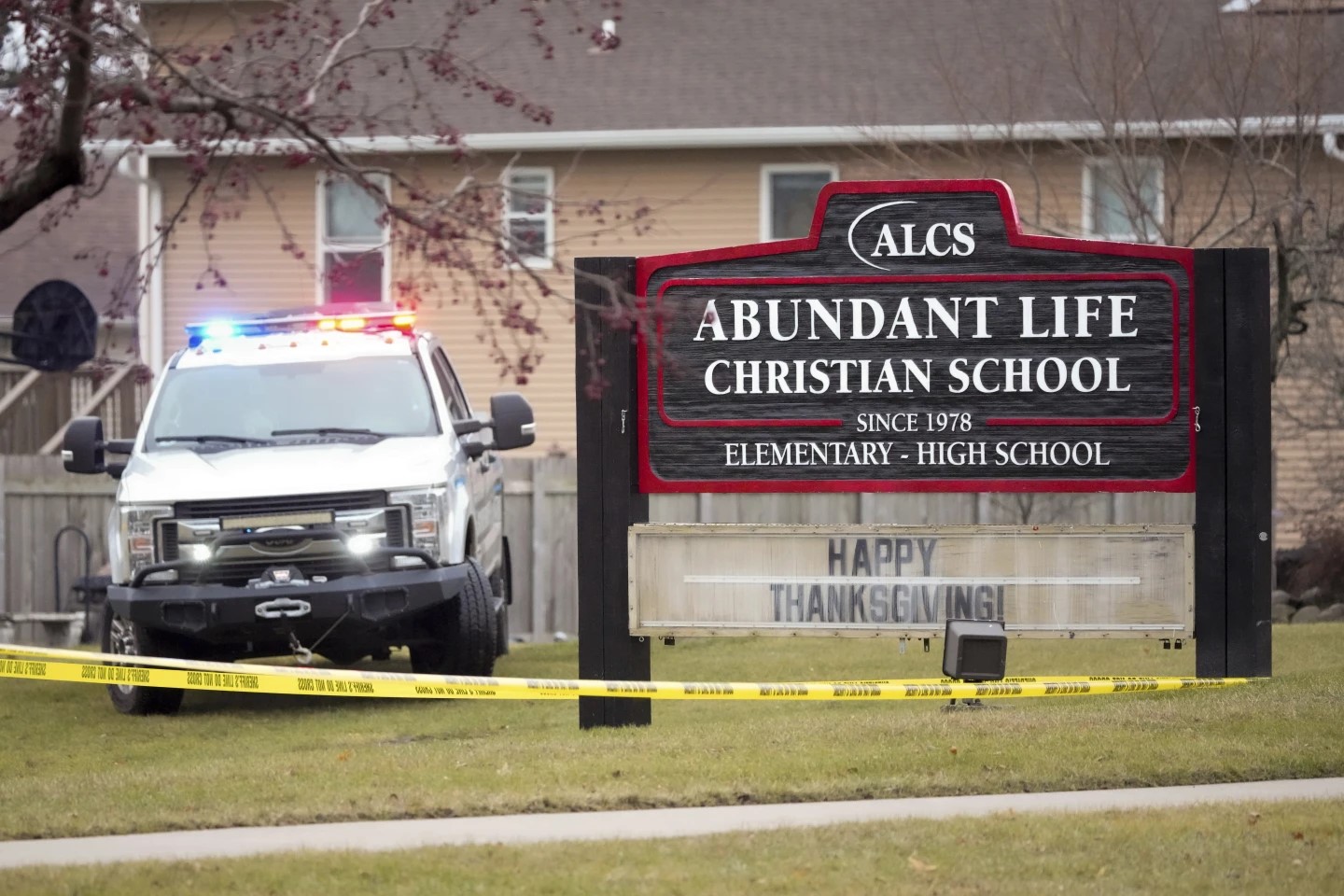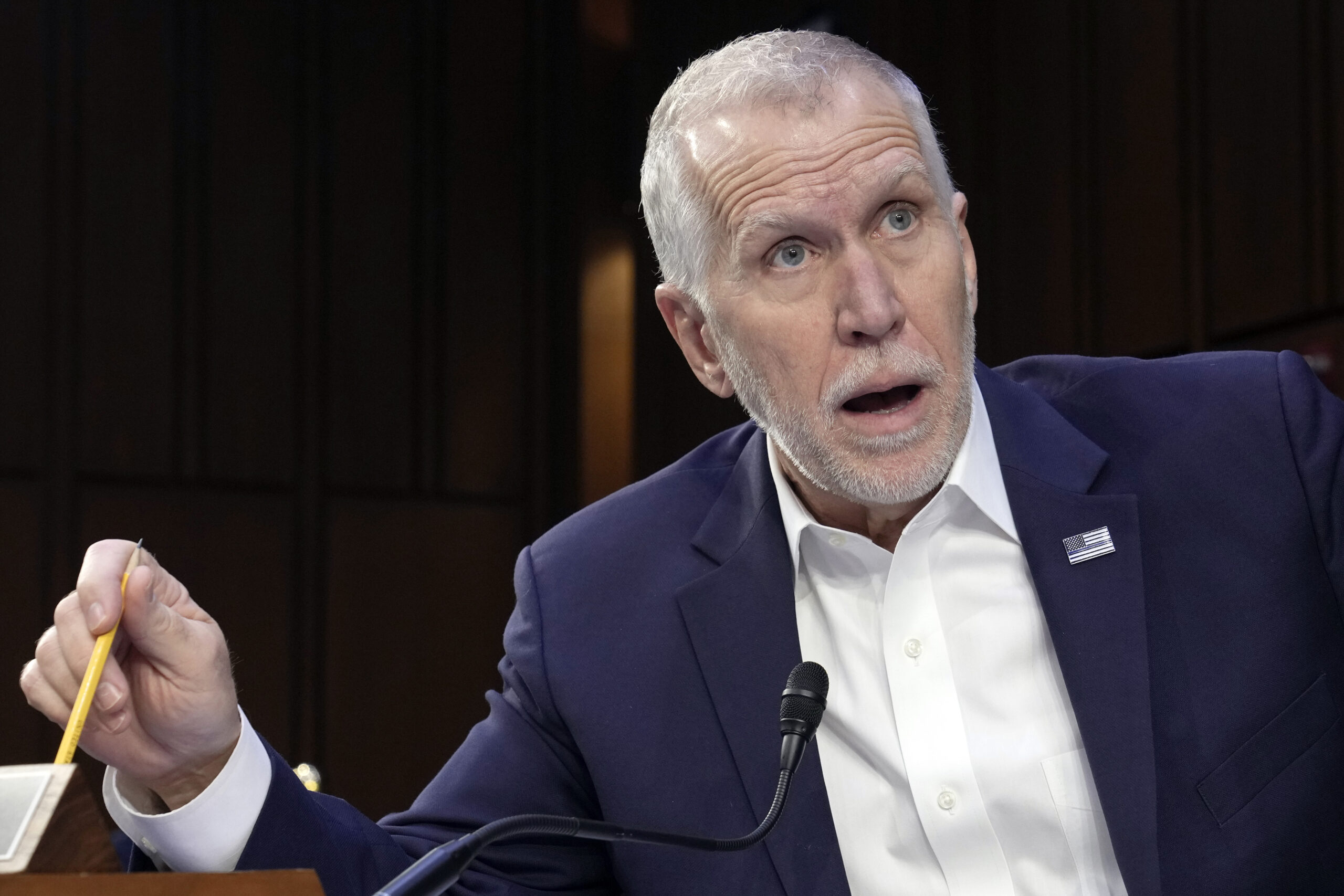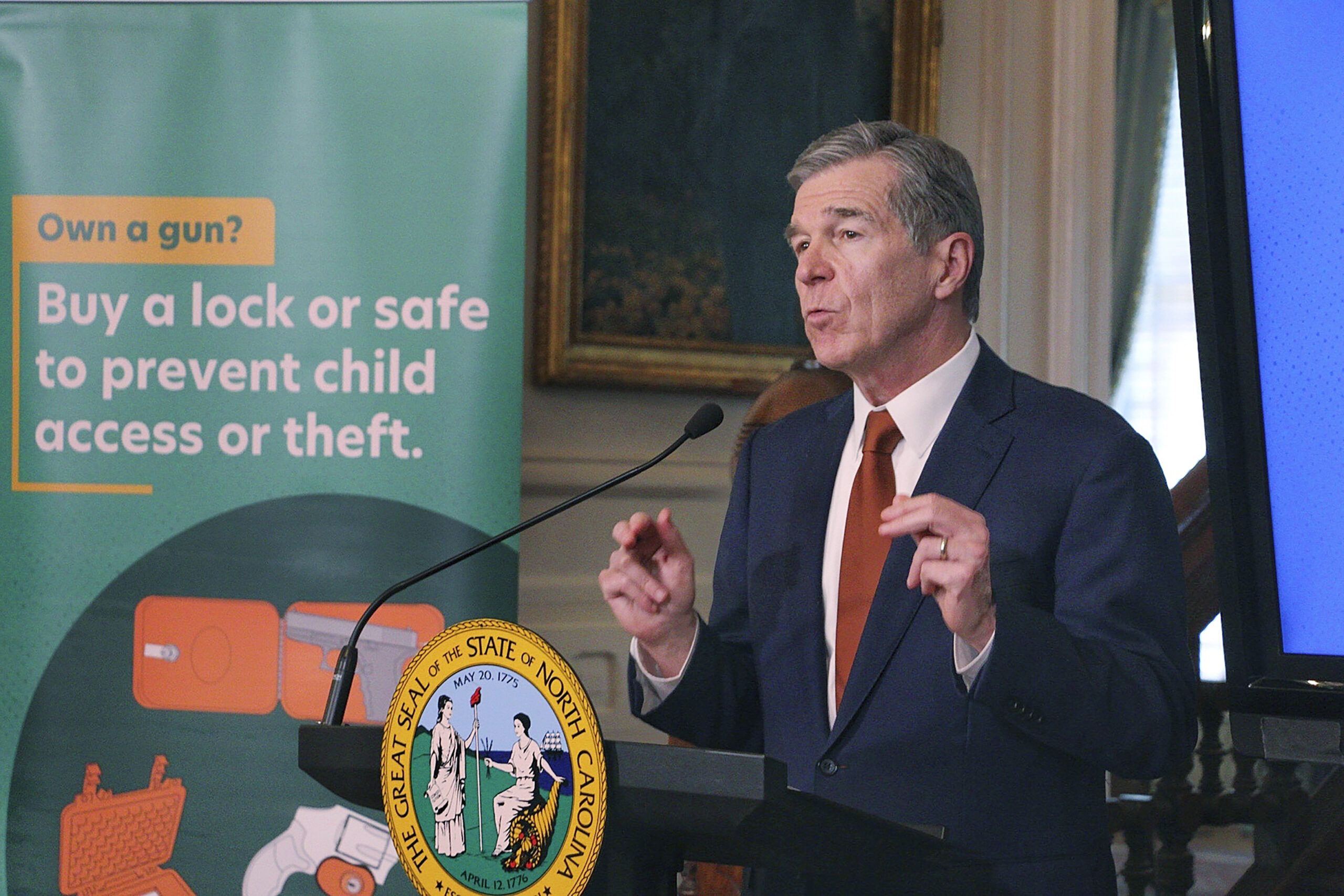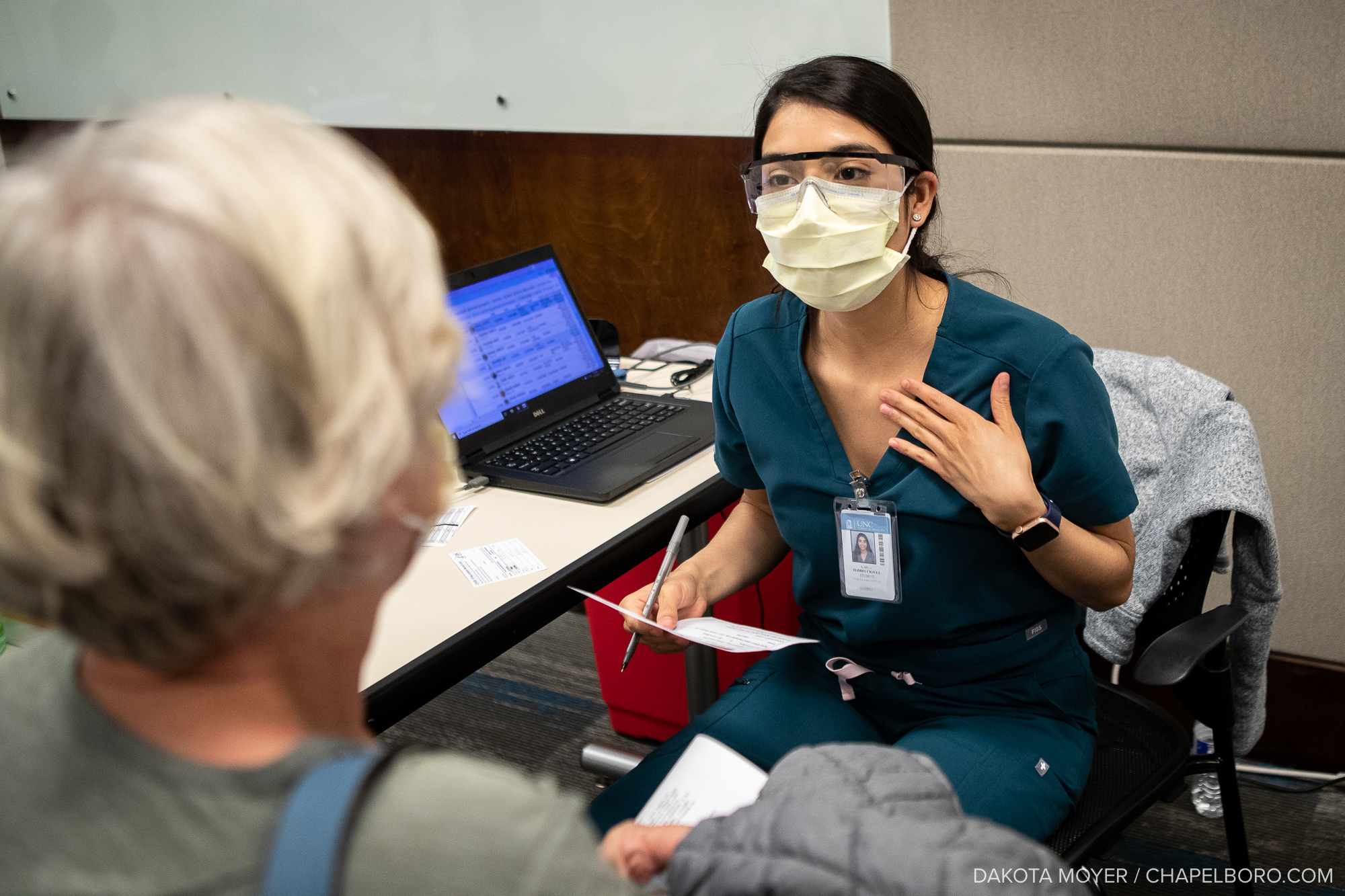After years of debate, North Carolina lawmakers came to an agreement in March to expand the state’s Medicaid services. The legislation, which made North Carolina the 40th state to expand the federal health insurance program, drew praise from health advocates, elected officials, and residents. But with a recent change at the federal level, some North Carolinians could be left in a healthcare gap before that Medicaid expansion becomes active.
North Carolina’s Medicaid expansion bill is expected to make around 600,000 more adults eligible to join the low-income healthcare service where before they made too much money to qualify. The change, however, is not set to go into effect until after the state government passes its budget this summer.
Just a few days after the North Carolina House celebrated its approval of Medicaid expansion, a large federal provision expired. The Families First Coronavirus Response Act (FFCRA), which Congress passed in March 2020 as a response to COVID-19, officially ended on April 1 and dropped its continuous coverage for Medicaid.
According to Ciara Zachary, who is an assistant professor at UNC’s Department of Health Policy and Management, that expiration was an important mark for some Americans using the federal healthcare program.
“That means,” she told 97.9 The Hill, “for the last three years, people haven’t had to worry about the annual recertification – basically, reapplying – to keep their Medicaid coverage.”
As a result, states who had not yet expanded Medicaid have been alerting those previously covered by the FFCRA’s provision that they’re no longer eligible or need to be re-certified. Providers and state governments are calling and mailing those affected to walk them through their other options.
Zachary said that North Carolina’s Department of Health and Human Services is doing this too – although the change back for affected North Carolinians will not become official until July. She said those who miss the messages – or those who lack the resources to find other options – may be left in a coverage gap.
“That might lead to a lot of uncertainty or people [re-evaluating] how to prioritize functions in their household,” said Zachary. “Will they decide to put gas in their car or food on the table [versus getting treatment]? Or will they delay getting healthcare and rely on emergency departments, urgent care, or finding clinics with free or reduced services? I think that puts [on them] a financial strain that many have not had to think about over the last few years.”
Zachary added that a coverage gap could affect and complicate more people’s health care as time goes on. While the North Carolina General Assembly can override a governor’s veto, if a lengthy budget process extends past July there would be a longer wait for Medicaid expansion to start.
That’s why Zachary said she believes the state would benefit most from removing the budget stipulation in the law and rolling out expansion now.
“I do think the most reliable option would be for North Carolina to initiate their Medicaid expansion sooner,” she said, “so that we don’t see people making difficult decisions about where they’d get their healthcare – [either] in an emergency or for the regular upkeep of their wellbeing.”
Zachary said that not only would enacting expansion earlier provide that “sense of security” eligible Americans had under continuous coverage, but it would not create much of a strain on the state and healthcare workers.
“Yes, it would be increased work for folks who are helping North Carolinians enroll and keep their coverage,” she said. “But I think we have the groundwork laid out so that if our state legislature recognizes that with the unwinding [of FFCRA] and if there are delays when the budget gets passed, what would be best to keep people healthy, working and [keep] kids in school, would be to implement Medicaid expansion now.”
In the meantime, Zachary urged North Carolinians and Americans affected by the expiration of the federal FFCRA to look out for updates. She said to take note of what providers or the state health department say must be recertified. While continuous coverage may never be available to all Medicaid recipients again, Zachary also said she hopes states will explore methods to make renewal of coverage easier for residents.
Chapelboro.com does not charge subscription fees, and you can directly support our efforts in local journalism here. Want more of what you see on Chapelboro? Let us bring free local news and community information to you by signing up for our biweekly newsletter.



